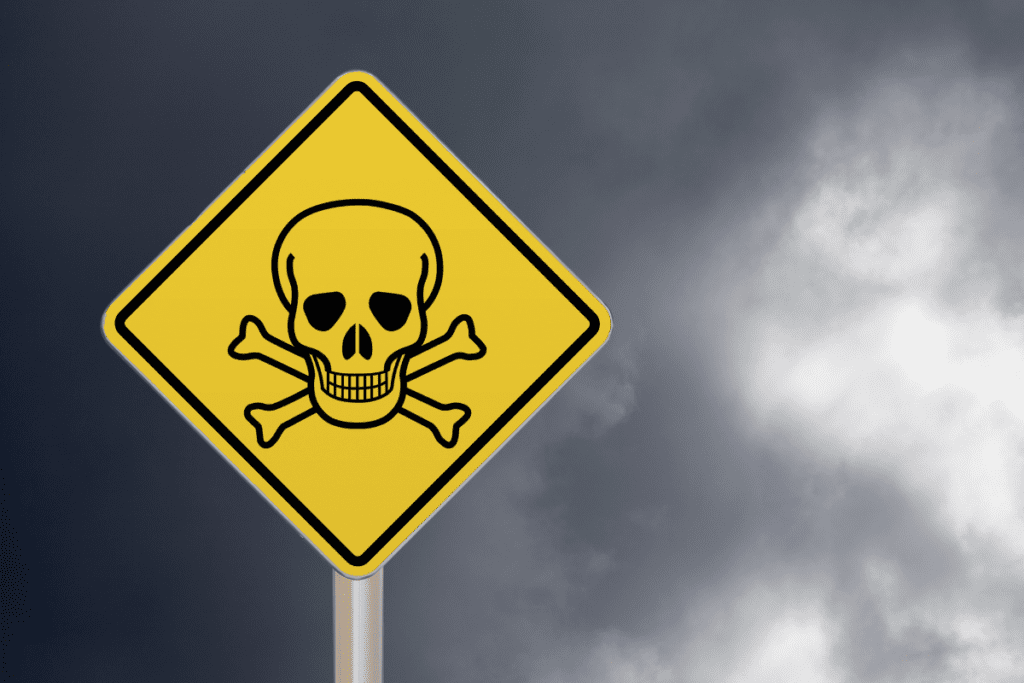ENVIRONMENTAL DEFENCE, ECOJUSTICE, FRIENDS OF THE EARTH CANADA, MERCURY FILMS INC., SAFE FOOD MATTERS INC.
Environmental and food safety groups, scientists and filmmakers call for immediate ban of glyphosate
Ottawa | Traditional, unceded territory of the Algonquin Anishinaabeg People – A major study on glyphosate, the world’s most used herbicide, found in food, water and humans, has been linked to early leukemia deaths. This finding comes as environmental and food safety groups take Canada’s pesticide regulator to court to challenge the Pest Management Regulatory Agency (PMRA)’s decisions on glyphosate product renewals, and at a time of accusations of regulatory capture of the regulator.
The Global Glyphosate Study, the most comprehensive toxicological study ever on glyphosate and glyphosate-based herbicides, Roundup and Ranger Pro, found that low doses of glyphosate-based herbicides (GBH) cause leukemia in rats. Importantly, half of the leukemia deaths identified in the study groups occurred at an early age. Leukemia is a type of cancer that affects the blood and bone marrow.
“The Global Glyphosate Study results call into question Canada’s Pest Management Regulatory Agency’s continuing support for use of glyphosate on millions of hectares of Canadian farmland, forests and in other industrial weed-killing activities ” says Beatrice Olivastri, CEO, Friends of the Earth Canada. “It also calls into question attempts by the coalition of Bayer and other companies to have the EU extend glyphosate use for a further 10 years. It’s time to ban glyphosate.”
These research findings coincide with the European Union’s failed effort to re-register glyphosate for a further 10 years. Over a million citizens petitioned the EU to save the bees and farmers by banning glyphosate. A decision on the renewal of glyphosate must be taken by 14 December 2023, as the current EU approval expires on 15 December 2023.
“The PMRA (as does the EPA, EFSA and ECHA) uses proprietary industry studies for its regulatory decisions which, to any ordinary person, is an obvious and dangerous conflict of interest. In sharp contrast, the Global Glyphosate Study is independent, collaborative and financed through crowdsourcing. The leukemia findings they announced yesterday are both definitive and shocking, and should precipitate an immediate ban on glyphosate use in Canada to protect the health of us all, especially our children,” says Jennifer Baichwal, director of Into the Weeds: Dewayne “Lee” Johnson vs. Monsanto Company.
In a related matter, in Canada, environmental and food safety groups, Friends of the Earth, Environmental Defence, David Suzuki Foundation and Safe Food Matters, represented by Ecojustice, are in court to insist that the PMRA make public its assessments of scientific findings on the impact of glyphosate used to re-register a product containing glyphosate, Mad Dog Plus, used in agriculture, forestry and to kill weeds.
“The PMRA has refused to disclose its assessment of new science on glyphosate based herbicides, so the public may never know why glyphosate is allowed to continue to be used. The public does not get to know how research like this report influences what is allowed on their food. Health Canada may not begin to review this emerging evidence for at least another decade. This is not the transparent, rigorous process that people in Canada deserve and expect regarding the regulation of toxic products with potentially serious health impacts,” states Laura Bowman, lawyer with Ecojustice.
Despite providing PMRA with 61 studies published since the PMRA last re-evaluated glyphosate in 2017, the groups have received no evidence that the PMRA actually evaluated emerging science.
“We should not be spraying potentially cancer-causing glyphosate on our children’s food right before it is harvested. This study makes it clear that the government must re-evaluate the use of this pesticide,” states Cassie Barker, Senior Program Manager on Toxics at Environmental Defence.
“Kids are the most exposed to this pesticide. They eat glyphosate in their cereals, sprayed pre-harvest. They play in grass, lawns and parks that have been sprayed. The law requires a safety factor for kids be built into the assessments, but PMRA ignores this. There is no way they can ignore this study”, states Mary Lou McDonald, President of Safe Food Matters Inc.
Background:
The Ramazzini Institute, an independent research facility, released its new cancer findings yesterday. In earlier results under the Study, serious adverse effects were observed such as indications of endocrine disruption, reproductive effects during development, microbiome alterations and genotoxicity.
European environmental groups and independent scientists critiqued the safety assessments of glyphosate by the European Chemicals Agency (ECHA) and the European Food Safety Authority (EFSA) saying the deficiencies are partly due to important flaws and partly to the outdated and biased, industry-friendly approach in the guidelines for these assessments. They say genotoxicity, carcinogenicity, damage to the gut microbiome and endocrine disruption by glyphosate and glyphosate-based products have been given little importance in the safety assessment. The same is the case for harmful effects on soil, water and biodiversity.
https://www.pan-europe.info/expert-meeting-shows-glyphosate-not-safe-health-and-environment#
Into the Weeds: Dewayne “Lee” Johnson vs. Monsanto Company explores the very real issues around agency capture and ‘business as usual’ corporate malfeasance. The International Agency for Research on Cancer declared glyphosate a probable human carcinogen in 2015. The firestorm of industry denial, obfuscation and deliberate sowing of doubt, fuelled by millions of dollars in corporate public affairs budgets, is still raging today.
Review the court case on PMRA renewal of glyphosate containing products.
ABOUT ENVIRONMENTAL DEFENCE (environmentaldefence.ca): Environmental Defence is a leading Canadian environmental advocacy organization that works with government, industry and individuals to defend clean water, a safe climate and healthy communities.
– 30 –
For more information or to request an interview, please contact:
Lauren Thomas, Environmental Defence, media@environmentaldefence.ca





